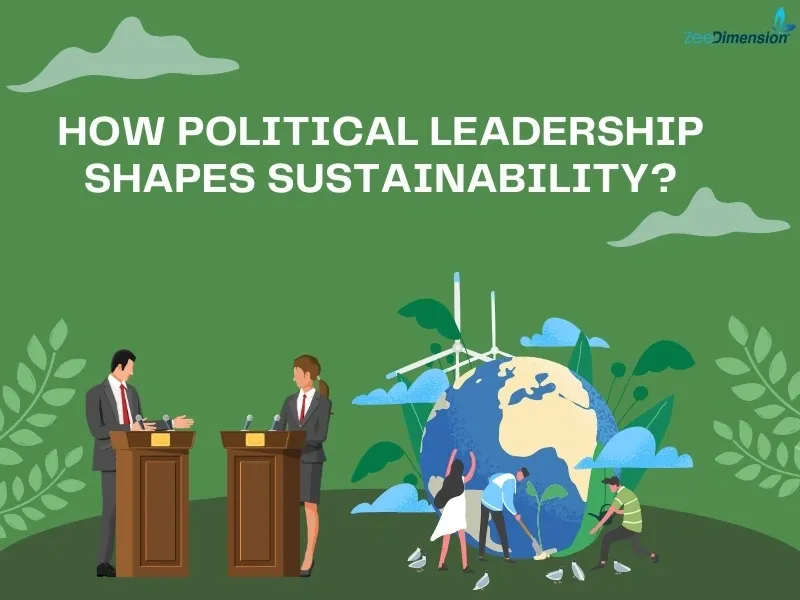
ESG and the US Election: A Critical Crossroad
Overview: The outcome of the US election, with its stark differences between Democrats and Republicans on ESG issues, will have a profound impact on the future of sustainability, both in the US and globally.
The Growing Importance of ESG
Question: Why is ESG more important than ever?
Answer: ESG has evolved into a mainstream priority, with businesses and investors increasingly held accountable for their environmental, social, and governance practices. The election will determine how these priorities are regulated and promoted.
Environmental Policy and Climate Change
Question: How do Democrats and Republicans differ on environmental policy?
Answer: Democrats advocate for strong environmental regulations, promoting renewable energy and climate action. Republicans prioritize economic growth and energy independence, often supporting deregulation and fossil fuel industries.
Social Responsibility and Corporate Governance
Question: What are the key differences in social and governance approaches?
Answer: Democrats push for policies that promote social equity, labor rights, and corporate accountability, while Republicans favor free-market principles, advocating for less regulatory oversight and more flexibility for businesses.
Investor Pressure and Market Response
Question: How will the election outcome affect ESG investments?
Answer: Under a Democratic administration, ESG investments are likely to rise, with markets favoring companies aligned with sustainability. A Republican win might reduce regulatory pressure, leading to varied market performance among companies with differing ESG commitments.
Global Implications
Question: What global impact could the US election have on ESG?
Answer: A Democratic commitment to ESG can inspire global initiatives, fostering a more sustainable world. A Republican focus on deregulation could slow global progress, particularly in climate action and human rights.
Conclusion
Title: The Stakes for ESG in the US Election
Takeaway: The US election is a pivotal moment for ESG, with Democrats and Republicans offering vastly different paths. The outcome will shape corporate strategies, investment trends, and global sustainability efforts for years to come.







